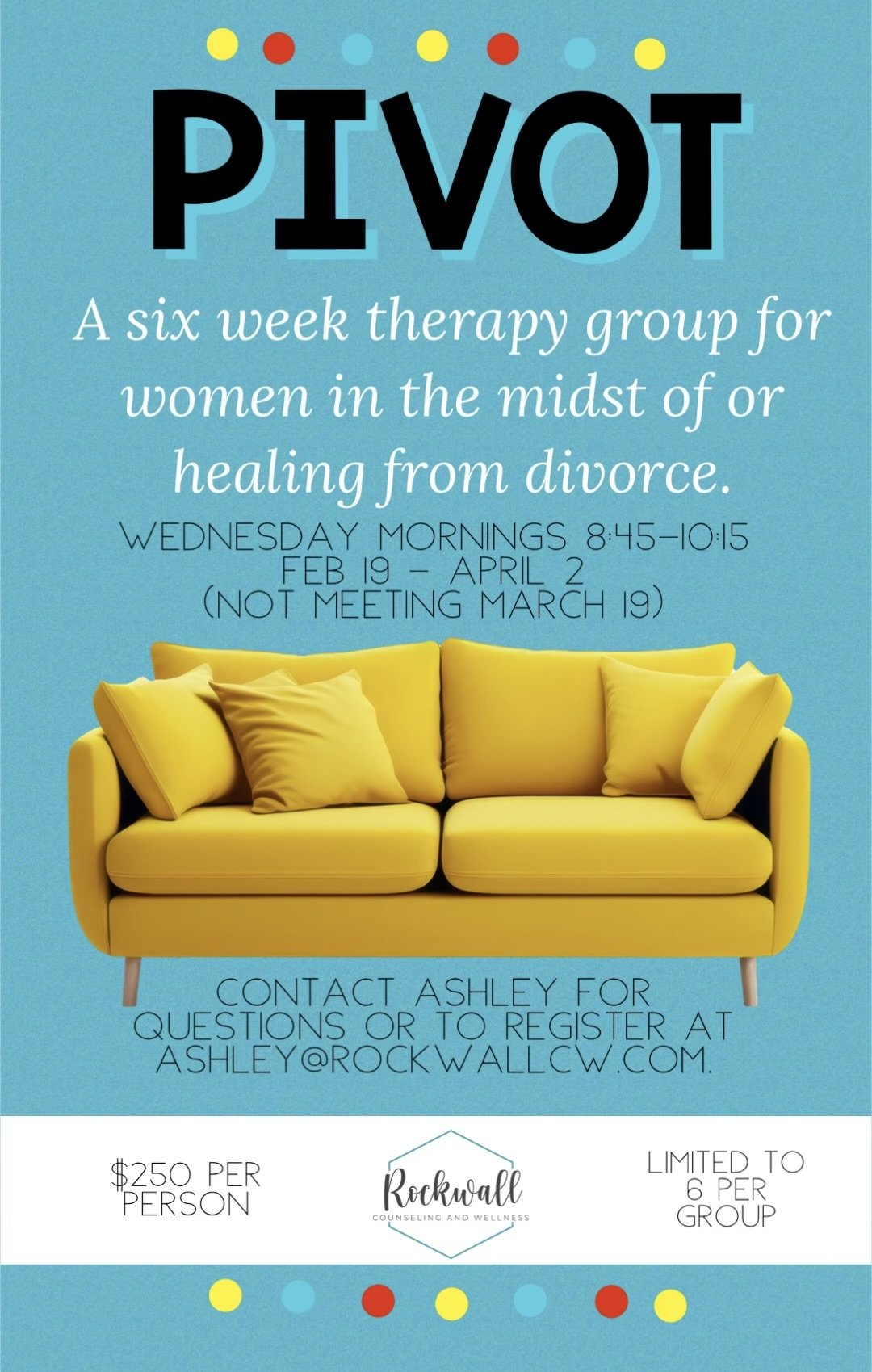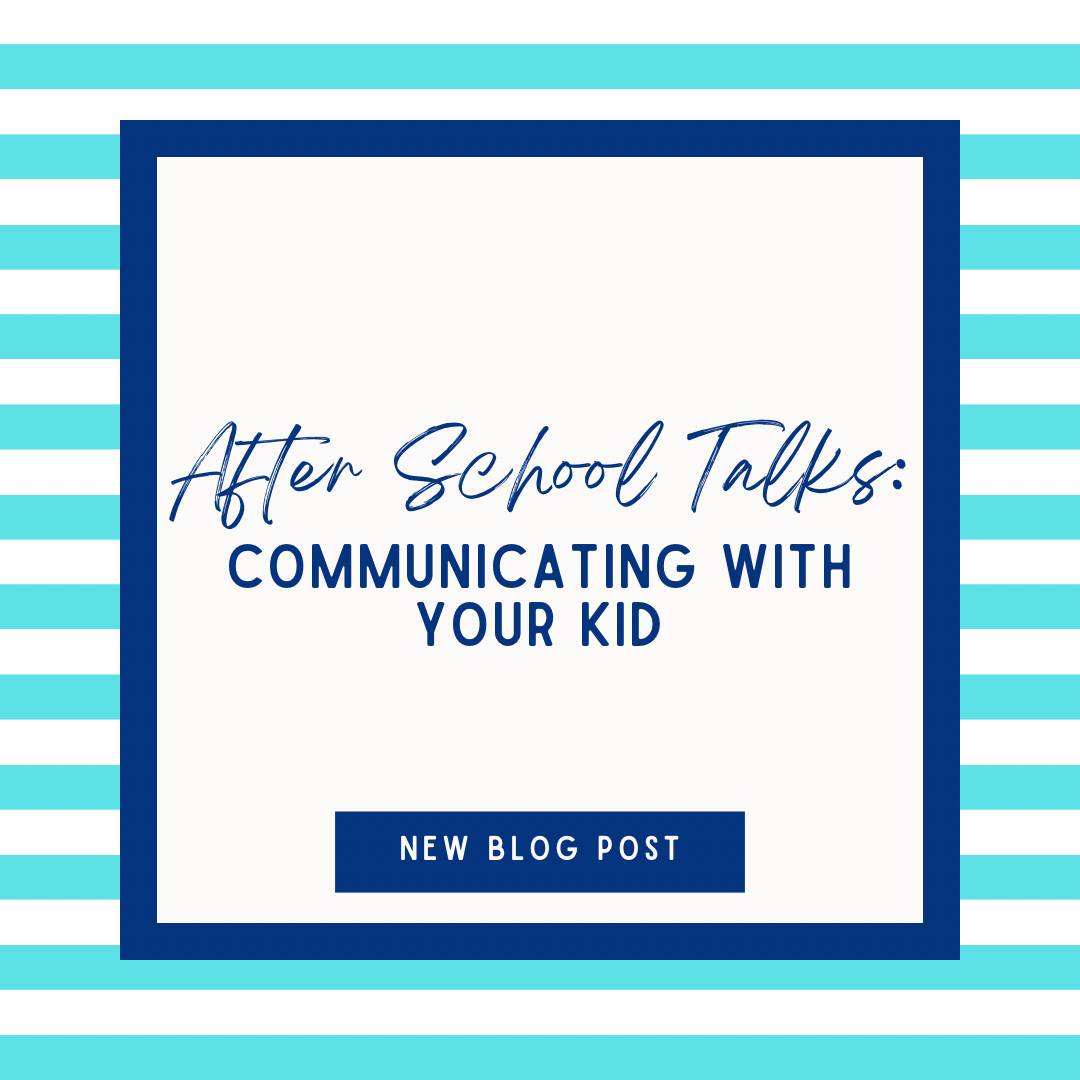Dixie Webster is one of the many LPC-Associates we have the privilege of supervising during their training here at Rockwall Counseling and Wellness. LPCs undergo an extensive training and internship process before becoming fully licensed to practice independently, and we are so grateful Dixie chose to do her associate work here. Her dedication to her patients is evident, and we can’t wait for you to know more about her!
Tell us a little about your journey to becoming a counselor. Where did you go to school? What are your degrees in? Are you originally from the Rockwall area?
Counseling is actually my second career. Previously I worked as the Global Director of Training and Compliance for a large corporation. A few years ago, I felt God leading me to do something more intimate and personal in my work. I was strongly influenced by missions and volunteer work that involved serving survivors of domestic violence and the sex slave trade. I developed a deep passion for working with traumatized individuals and supporting them in their recovery journey. This led to a Master’s in Clinical Mental Health Counseling from Grand Canyon University in Arizona. I feel incredibly blessed to have been accepted into the practice at Rockwall Counseling and Wellness for my practicum and internship and I have continued on as a Licensed Professional Counselor Associate. I am on track to complete full licensure by spring of 2024.
What type of therapy are you most passionate about? Why?
I am passionate about helping people to overcome the impact of past trauma, abuse, and neglect in all forms. Recently I have been working specifically with attachment wounds. I am amazed at the significant impact unhealthy attachment can have on adult relationships. However, I am also hopeful as I see the results that can be achieved when we find healing.
If you could have any job besides the one you have now, what would you want to be doing?
I would be teaching or educating in some way. I love to collaborate and share information. I feel like our community becomes stronger when we share what we know with each other. I love seeing people get the tools they need to be successful. It is something I do as a counselor, but I find myself constantly sharing and teaching others in all aspects of my life.
What do you feel the biggest struggle facing your clients is?
Almost every client I see is stuck in their fight or flight cycle. Their bodies are constantly sensing threats from the world around them, but they don’t know how to stop the cycle and return to a sense of safety. This results in a pervasive sense of impending doom for many people, and they live in a constant state of anxiety and stress or depression as a result. One of the most important skills I teach is helping clients to stop the threat response and reengage their logical processing systems.
Who in your life do you most look up to? Why?
My husband, Scott Webster. He is an amazing man in so many ways. More than anyone else in my life he has taught me the values of integrity, dedication, perseverance, and communication. These values have led to success in life but also incredible personal healing in relationships.
What is one piece of advice you would give your younger self?
Stop chasing acceptance from people. Everyone has their own idea of what is good enough and I have learned over the years that you will never be able to please everyone. It is absolutely exhausting and defeating to chase the ever-changing standards of the world. Instead, I recognize that I am a beloved daughter of God created by him to serve a purpose. When I discovered and embraced my God-given purpose and embraced the acceptance I have in Him it gave me incredible freedom.
What would you say to someone who is considering starting therapy, but doesn’t know if it’s worth the time or money?
Like most things in life, you get out of therapy what you put into it. Come into it prepared to dig deep and do the work of self-discovery and change. If you are willing to do that, the things you can learn are life-altering and priceless. We invest in so many things that we look at five years later and toss out because we aren’t using them anymore. Why not invest in yourself in a way that gives you a shot at living a healthier life with stronger relationships? That is rarely something you regret.
Are you a dog person or a cat person?
I am a cat person. My cat Giovanni has more personality and spunk than any other kitty I have owned. I also find a cat sitting in your lap warm and purring to be incredibly therapeutic, so he is very good for me.
Do pineapples belong on pizza?
I’m more equal opportunity when it comes to food. I like all types of food and will try all kinds of combinations of flavors. The only thing I can’t do is curry – bad experience when traveling to India – don’t ask.
What’s your favorite place to go out to eat in Rockwall?
I love to eat at Zanatas. The food is always fantastic, and I am able to find healthy options there.
What do you like to do in your free time?
I love to read, and I crochet when I need to keep my hands busy. I also enjoy swimming laps. It is a great relaxing exercise.
What’s your favorite time of year?
Definitely Autumn. I love the colors, the cool crisp air, the smells of fall leaves and warm spices. There is nothing better than a cool evening in front of the firepit with a cup of hot chocolate.
Tell us a little about your family.
I already mentioned my amazing husband, but we also have two wonderful children. Samantha is my oldest and she is married to Greg, a Navy Corpsman, and they have three boys (Gregory, Caspar, and Griffin ) that are full of energy and life. They live in Jacksonville; Florida and they love it there. Timothy is my youngest and I am grateful that he and his wife Katherine are here local. They also have three wonderful kids, 2 boys (Charlie and Jack) and the one little princess of the bunch (Dusty Rose).
What is your favorite place to visit?
My husband and I went to Fiji for our 25th wedding anniversary and it was absolutely amazing. We ended up at a quiet resort that was so peaceful we didn’t want to come home. I have to say the most amazing thing about Fiji though is the people. They are wonderful!
If you could have dinner with one person, living or dead, who would it be and why?
Corrie ten Boom. Her book, “The Hiding Place” had a profound impact on me when I was young and shaped my ideas of holding on to your faith in the face of adversity. I love this quote from her about love and I find it to be true in my practice.
“Do you know what hurts so very much? It's love. Love is the strongest force in the world, and when it is blocked that means pain. There are two things we can do when this happens. We can kill that love so that it stops hurting. But then of course part of us dies, too. Or we can ask God to open up another route for that love to travel.” -Corrie ten Boom
Are you more introverted, extroverted, or a mixture of both?
I am a quiet extrovert. I love engaging with people and that is where I get my energy, but I prefer intimate one on one or small group settings to large parties or crowds.





















